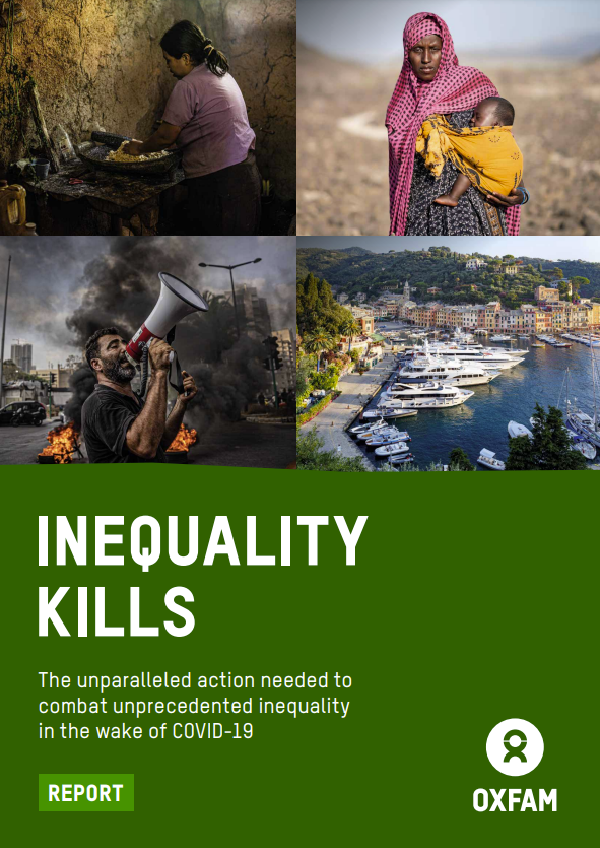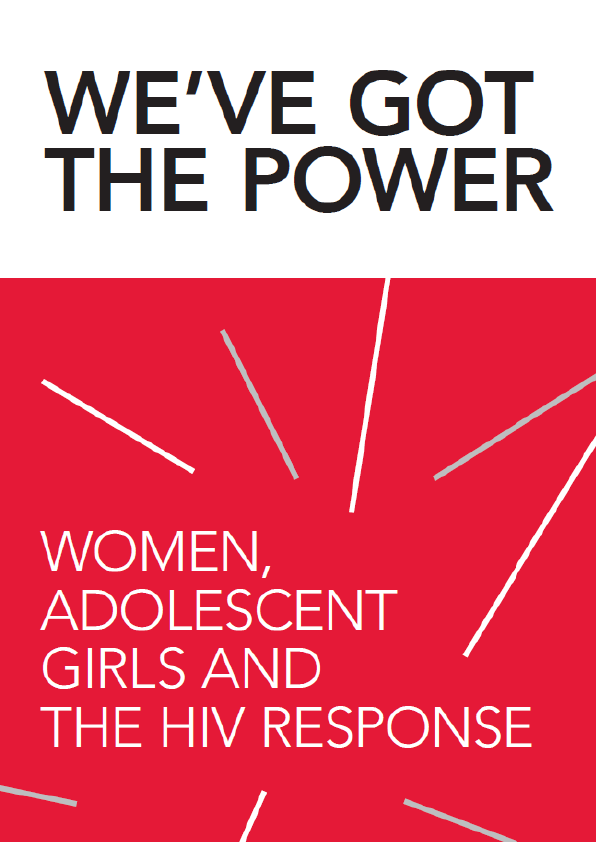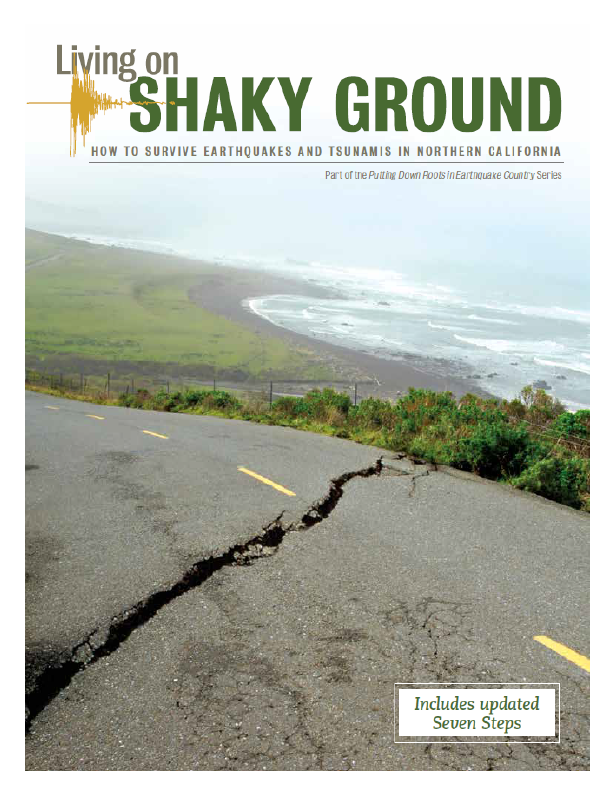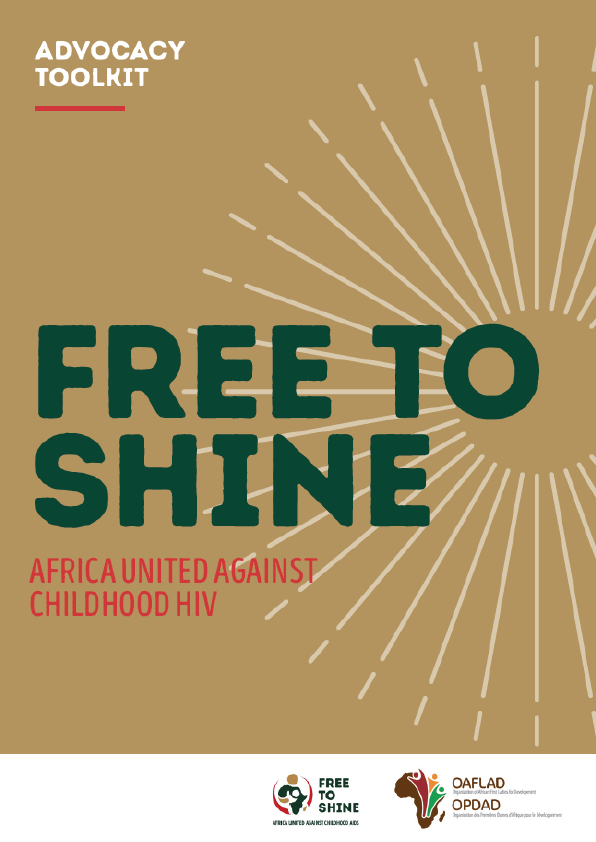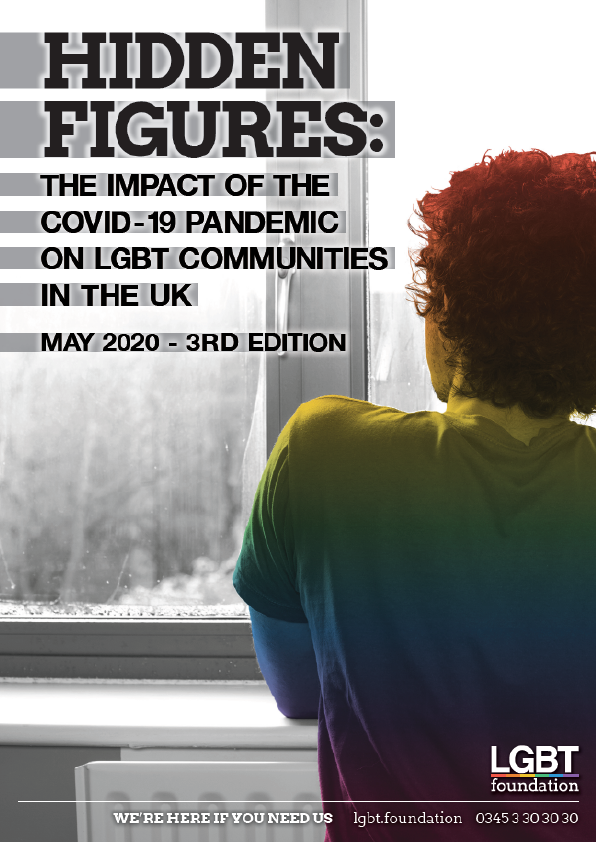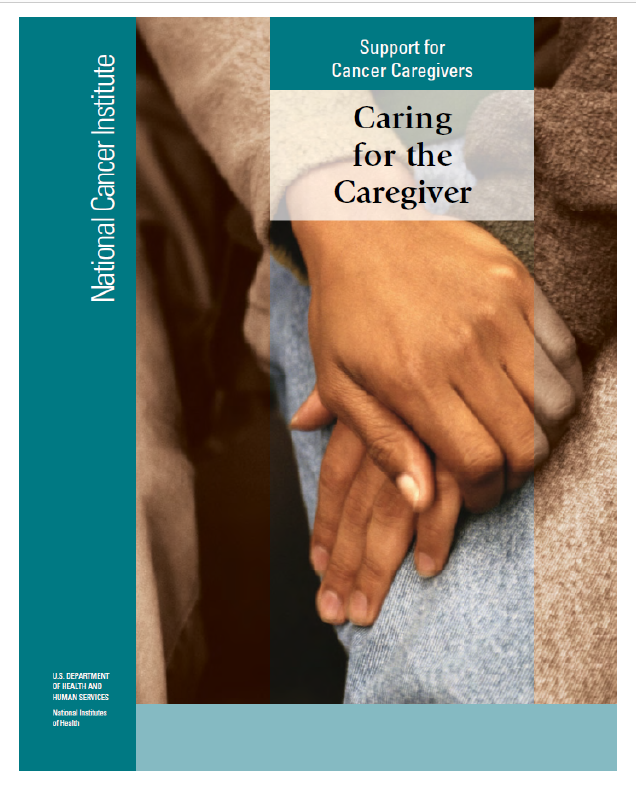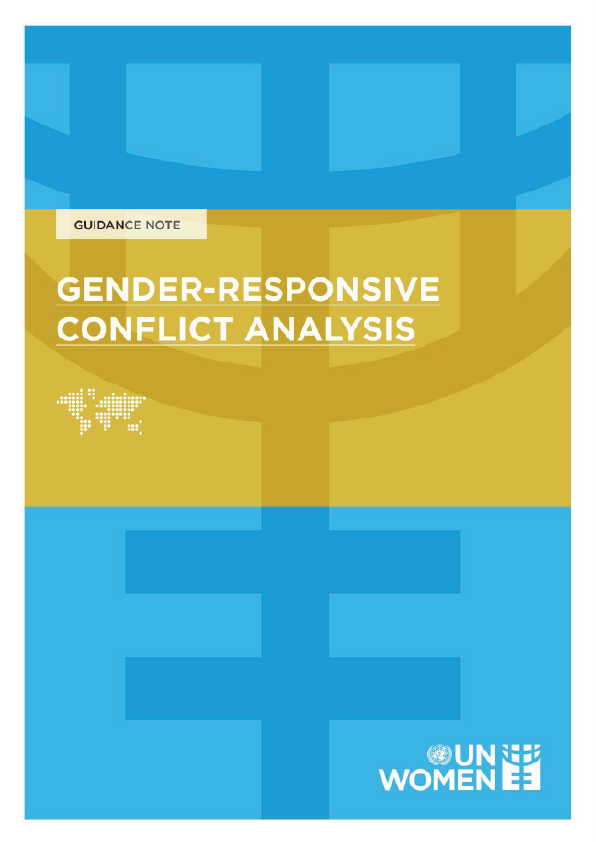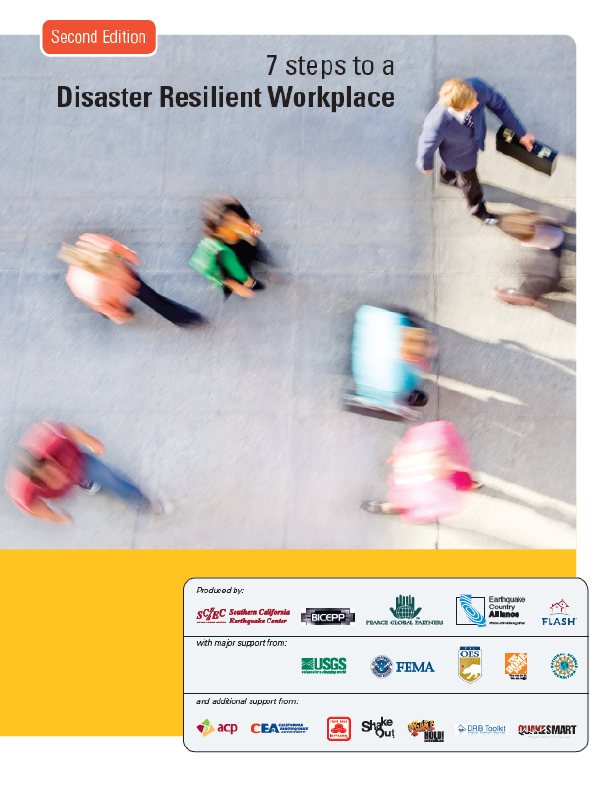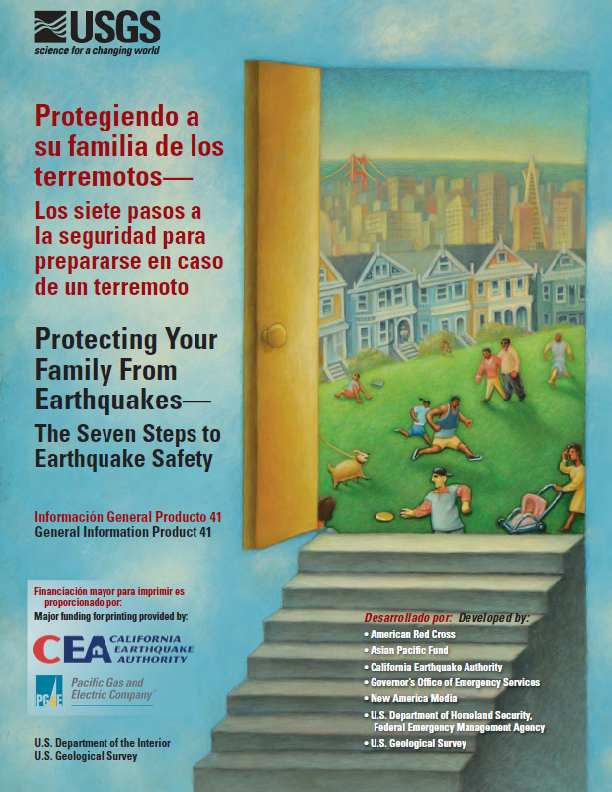A new billionaire has been created every 26 hours since the pandemic began. The world’s 10 richest men have doubled their fortunes, while over 160 million people are projected to have been pushed into poverty. Meanwhile, an estimated 17 million people have died from COVID-19—a scale of loss not seen since the Second World War.
These issues are all part of the same, deeper malaise. It is that inequality is tearing our societies apart. It is that violence is rigged into our economic systems. It is that inequality kills.
The coronavirus pandemic has been actively made deadlier, more prolonged, and more damaging to livelihoods because of inequality. Inequality of income is a stronger indicator of whether you will die from COVID-19 than age. Millions of people would still be alive today if they had had a vaccine—but they are dead, denied a chance while big pharmaceutical corporations continue to hold monopoly control of these technologies. This vaccine apartheid is taking lives, and it is supercharging inequalities worldwide.
Institutions including the IMF, World Bank, Credit Suisse, and the World Economic Forum have all projected that the pandemic has triggered a spike in inequality within countries across the world.
The world’s poorest people and racialized groups are bearing the brunt of pandemic deaths. In some countries, the poorest people are nearly four times more likely to die from COVID-19 than the richest.14 People of Bangladeshi origin were five times more likely to die of COVID-19 compared with the White British population in England during the second wave of the pandemic.
These present-day divides are directly linked to historical legacies of racism, including slavery and colonialism. This is also expressed by the fact that the gap between rich and poor nations is now expected to rise for the first time in a generation. People who live in low- and middleincome countries are around twice as likely to die from COVID-19 infection as people who live in rich countries.
That at least 73 countries face the prospect of IMF-backed austerity risks worsening inequality between countries, and every type of inequality within countries. Women’s rights and progress toward gender equality will be hit hard by these austerity measures, amid a crisis that has already set back the goal of achieving gender parity by a whole generation to 135 years, when previously it was 99.20 What makes this situation even harsher is that women in many countries face the second pandemic of increased gender-based violence—while, as with every crisis, having to absorb the shock of a mountain of unpaid care work that keeps them trapped at the bottom of the global economy.
The cost of the profound inequality we face is in human lives. As this paper shows, based on conservative estimates, inequality contributes to the deaths of at least 21,300 people each day. Every four seconds, inequality contributes to the death of at least one person.
